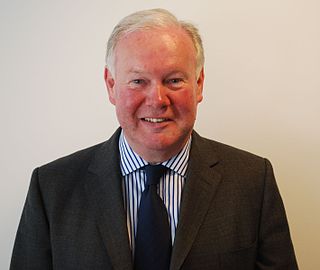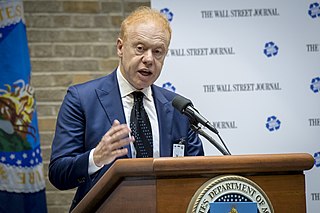A Quote by William Hague
The low carbon economy is at the leading edge of a structural shift now taking place globally.
Related Quotes
Embracing a low carbon economy will be as momentous as the previous industrial revolutions. As the shift from coal to oil did. And the shift from gas light to electric light. It has the potential to give us the competitive edge in the new global economy. The scale of the challenge is extraordinary. We will need to reinvent in the way we live our lives, the way our world works
To change our national economic story from one of financial speculation to one of future growth, we need a third industrial revolution: a green revolution. It will transform our economy as surely as the shift from iron to steel, from steam to oil. It will lead us toward a low-carbon future, with cleaner energy and greener growth. With an economy that is built to last - on more sustainable, more stable foundations
The transition to a low-carbon economy will be one of the defining issues of the 21st century. This plan sets out a route-map for the UK's transition from here to 2020...every business, every community will need to be involved. Together we can create a more secure, more prosperous low carbon Britain and a world which is sustainable for future generations.
Thing that we wanted to do was redefine what a green job was, what a climate job was. We said: "Wait a minute. There's all these people out there who are doing low-carbon work." It's not just guys in hard hats putting up solar panels. Teaching is low carbon. Caring for the sick is low carbon. Daycare is a green workplace. Overwhelmingly, this is work that is done by women, overwhelmingly women of color, on the frontlines of austerity clawbacks.

































